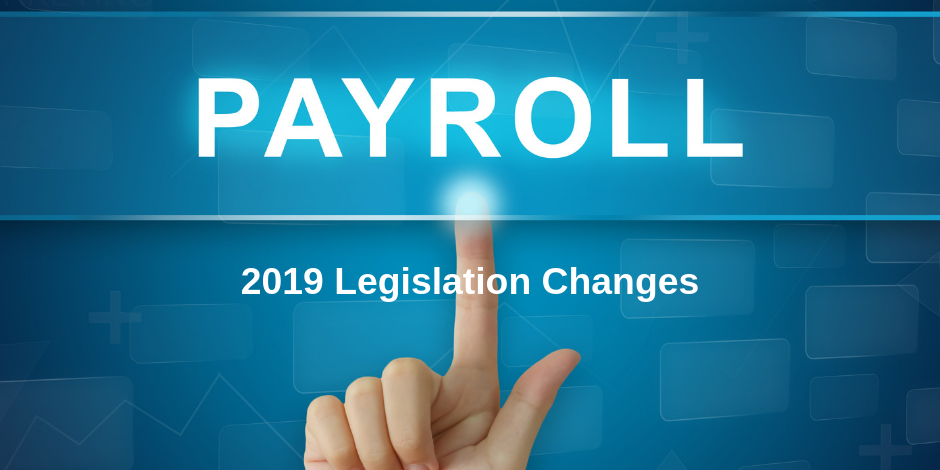2019 has been a busy year with regards to payroll and multiple legislative changes have taken place, so we thought it was timely to make sure you’re up to date and compliant.
I know your initial reaction will be to scroll past but if you have employees, it is vitally important you are in the know. Following is a summary of these changes and as always, if there is anything we can help with please get in touch.
Domestic Violence Leave
This is a new leave entitlement created under the Domestic Violence – Victims’ Protection Act, which gives employees the right to:
- Take at least 10 days of paid domestic violence leave (separate from annual, sick, or bereavement leave);
- Ask for short-term flexible working arrangements for up to 2 months;
- Not be treated adversely or discriminated in the workplace if they have experienced domestic violence.
Changes to rest and meal breaks
The Employment Relations Act have re-introduced strict requirements with regards to rest and meal breaks. Previously there were no prescribed minimum breaks other than that they were reasonable and appropriate for the duration of work period. Now an eight-hour work day must include two 10-minute rest breaks and one 30-minute meal break, while a four-hour work day must include one 10-minute rest break.
Restricting 90-day trial period
The main change here is that only an employer with 19 or fewer employees (at the beginning of the day on which the employment agreement is entered into) may employ a new employee on a trial period for the first 90 calendar days of their employment.
For employers with 20 or more employees they have the option of including a probationary period, but this is far more restrictive and has greater obligations on the employer.
Increase to minimum wages
In April 2019 the minimum wage, for adults, increased to $17.70 per hour (excluding exceptions). Employers will need to check that their salaried staff aren’t being paid under the new minimum based on their actual hours worked.
Changes to parental leave
From 1 July there were three main changes here:
- Paid parental leave increased from 18 to 22 weeks (with plans to extend this to 26 weeks by 2020)
- The weekly payments increased by 4.7%
- Keeping In Touch days increased from 40 to 52 hours
All employers must now file employment information every payday (within two working days of payment) instead of the old IR348 EMS on the 20th of the following month. In addition, if your annual PAYE/ESCT is over $50,000 then you must file electronically (via payroll software or myIR).
NB: there is no change to the due date of payment.
Please note that this is only a brief overview, so if you require more information or need help implementing any of the above, call 04 232 9199 or leave your details below and we will be in touch.







